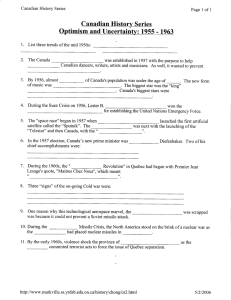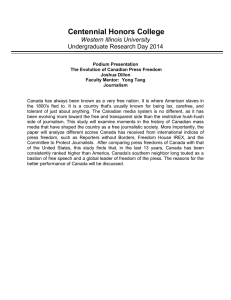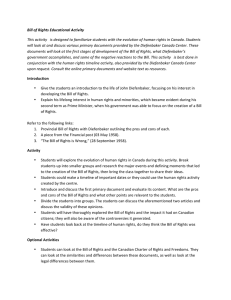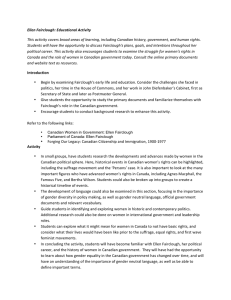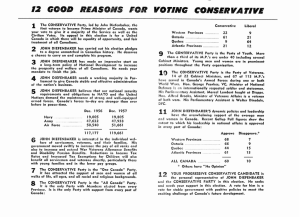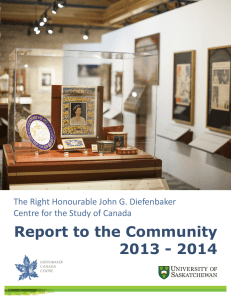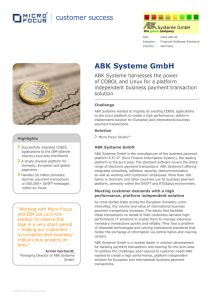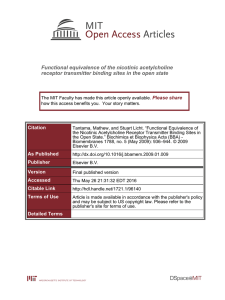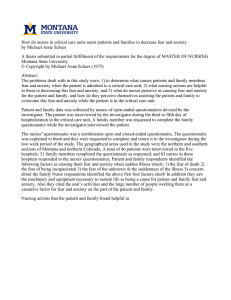:
advertisement
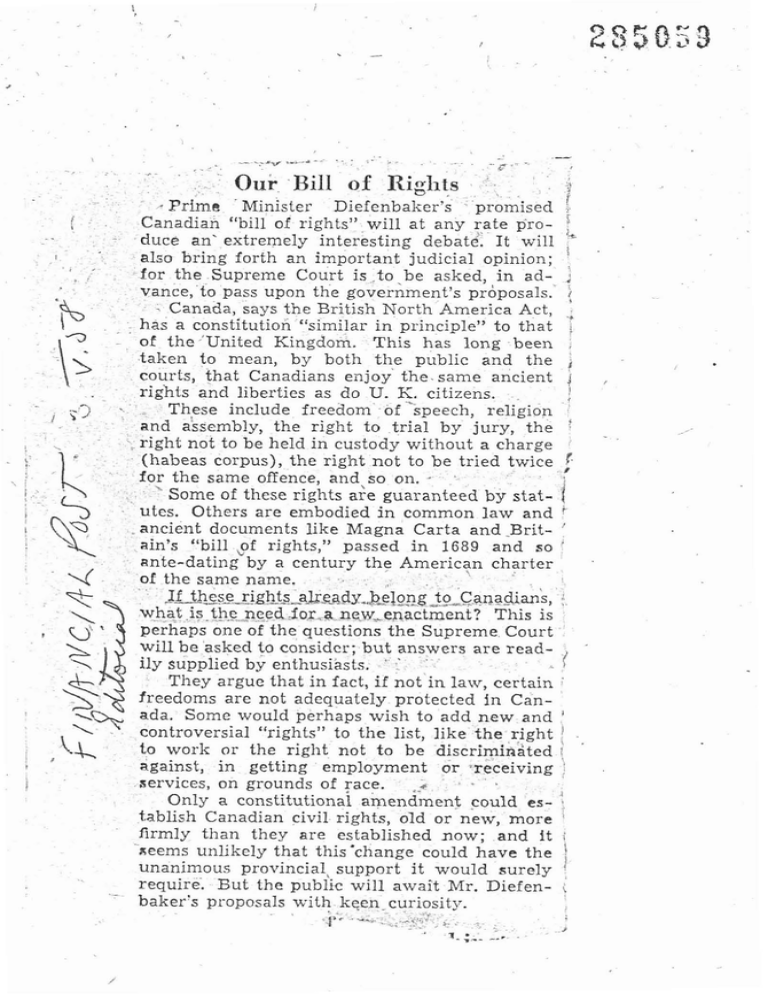
. - "y .-L.. - - c Ouk Bill of Riglits - I I Prime - Minister Diefenbaker's promised Canadian "bill of rights" will a t any fate flrof duce an. extremely interesting debate. It will I also bring forth an important judicial opinion; , for the Supreme Court is .to,be asked, i n ad- ; vance, to pass upon the government's prbposals.' i Canada, says the British North America Act, , has a constitution "similar in principle" to that ! of the 'United Kingdom. This has long been , taken to mean, by both the public and the courts, that Canadians enjoy' the.same ancient J . rights and liberties as do U. K. citizens. i These include freedom of 'speech, religion ' and assembly, the right to trial by jury, the \_right not to be held in custody without a charge (habeas corpus), the right not to be tried twice for the same offence, and,so on. Some of these rights are guaranteed by stat- f Others are embodied in common law and ' .ancient documents like Magna Carta and -Brit- ' ain's "bill ,of rights," passed i n 1689 and so ' ante-dating by a century the American charter of the same name. ~f_tbss_e_zi~lrta-~.ad~~r.e!~ng ,t,o-~ana_dian's, i what is.the *need.for,a new-enactment? This is , U\ perhaps one of the questions the Supreme Court will be asked to consider; but answers are read,I ily supplied by enthusiasts. * ' They argue that in fact, if not i n law, certain ' freedoms are not adequately protected in Canada. Some would perhaps wish to add new and ' controversial "rights" to the list, like the right to work or the right not to be discrimihited ! 1 against, in getting employment or .receiving ' I services, on grounds of ?ace. r * Only a constitutional amendment could es- ! tablish Canadian civil rights, old or new, more ' firmly than they are established now; and i t i 'neems unlikely that this'change could have the unanimous provincial, support i t would surely 1 require. But the public will await Mr. Diefen- i - baker's proposals with kqen-curiosity. ...< ' > - : + - , , <. ! 3'< < --.+ 1 I % .+ -.v . I-;,.- -.- j, ,


